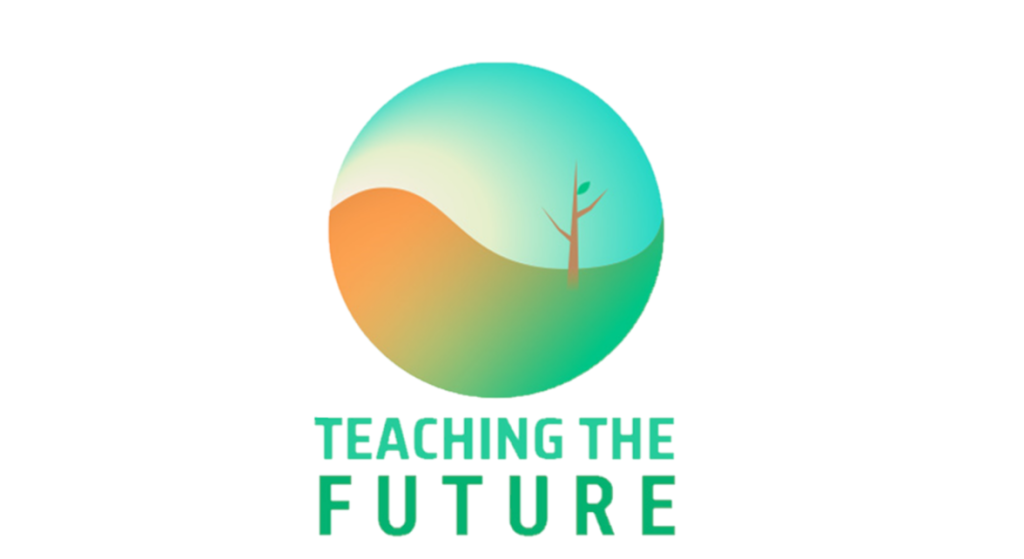
Project duration: 01/01/2022 – 01/01/2024. https://teachingthefuture.eu/
Based on the social initiative called “Teach the Future” that swept around the world urgently asking us to repurpose education around the climate emergency and ecological crisis; and on the consequent European policy that highlighted ‘Climate’ as one of most important issues that has to be addressed now and, in the future, the project of “TEACHING THE FUTURE” has been created with the collaboration of 7 partners pertaining to 6 different countries.
This project seeks to respond to these needs by enabling easy access through a climate data dashboard to scientific data and climate information sources. By creating teacher training it will also address the approaches necessary for young people to work with high quality scientific data and reliable information sources on the challenges being faced. It also seeks to promote an active citizenship approach that will engage youngsters in active engagement in their local areas using the enquiry-based approaches of citizen scientists to examine and address climate issues.
Following the ambition of embedding climate change & environmental education in secondary school education and in teacher training, the project pursues the following project results:
- An analysis of curriculum across partners and the potential for teaching the future, climate education and using open data (R1)
- An online climate data dashboard (R2), as a teaching resource targeted at teachers. This gathers climate data and scientific information which can be used by schools to support learning and teaching climate in schools. It will provide opportunities in and beyond the classroom, developed from an analysis of the resources and opportunities available.
- An online teacher training course (R3), focused on teaching about climate change and including suggestions on how to embed climate education in different subjects, using scientific data and encouraging pupil engagement and active citizenship in local issues, for instance through citizen science approaches.
Overall, this will lead to: 1) the provision of new resources and skills enabling teachers to effectively teach climate education to secondary school students; 2) to strengthen students’ and teachers’ scientific engagement in climate issues, involving innovative approaches like citizen science; 3) help increasing the ability of young people to work with and appreciate digital scientific data; and to 4) enhance interdisciplinary learning and digital skills among young people, raising their interest in science, technology and active citizenship.
